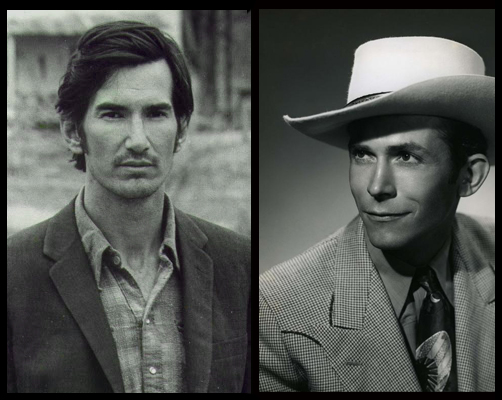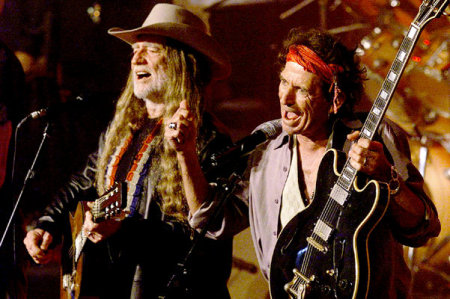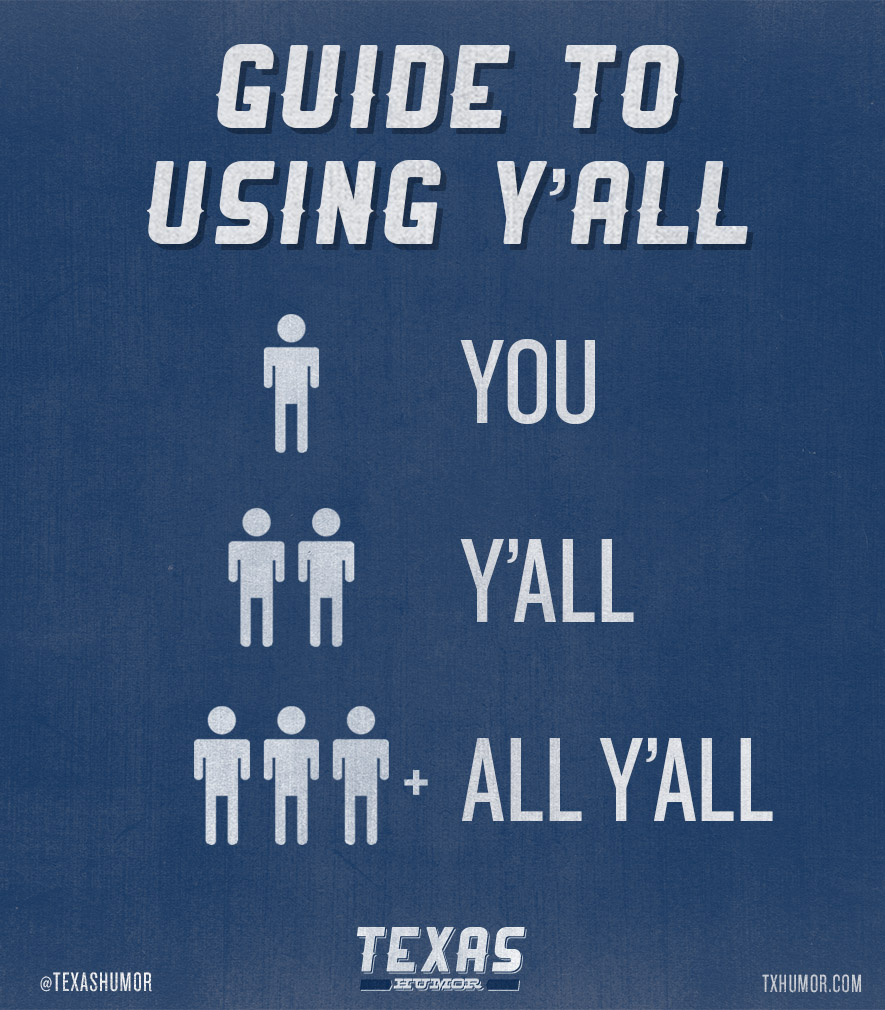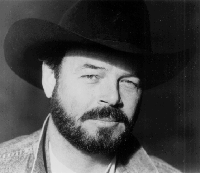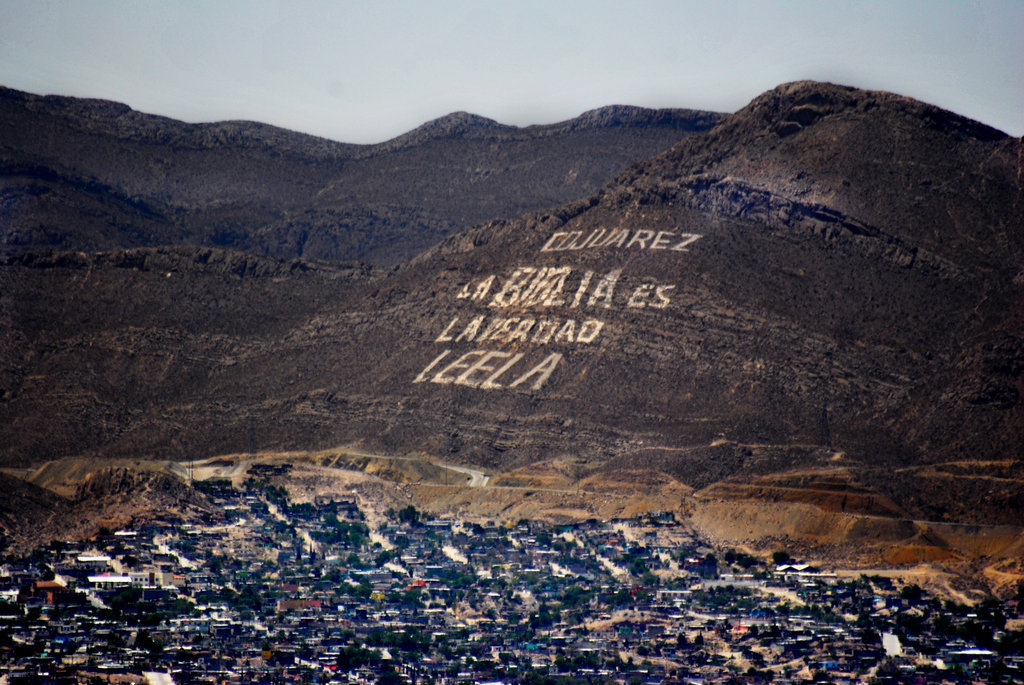Ramblin' Jack Elliott is rambling across Texas again. He stopped in Fort Worth for a show in the listening room at the Live Oak on Sunday and will be playing at the Old Quarter in Galveston and Sam's Burger Joint in San Antonio later this month.
Ramblin' Jack is the embodiment of American folk music, and there is something mystical about being in the presence of a man who ran away from home at 14 to become a cowboy, traveled across the country at Woody Guthrie's side, and mentored Bob Dylan.
After the show in Fort Worth, Ramblin' Jack hung around talking to the folks in the crowd for a while. He treated each and every one of us with kindness, patience, and respect. In the end, Martina, my father, and I were the last ones there. Ramblin' Jack told lots of stories. I asked him if Lead Belly actually taught him the song "Stewball," which he had played that night. Jack told me that the only conversation he had ever had with Lead Belly was when he was seventeen. Jack had bumped into Lead Belly while Lead Belly was putting away his guitar. Lead Belly said, "Oops." Jack said, "I'm sorry." And that was the end of the conversation. However, Jack did say that Woody Guthrie had told him plenty of stories about Lead Belly.
Ramblin' Jack also talked about meeting Merle Travis, and I commented that Doc Watson had named his son after him. Jack then said that he actually played with Doc Watson some right after Merle Watson died.
During his set, Jack told a story about sitting in Dylan's car listening to the radio at Newport, and when "House of the Rising Sun" came on, they both declared that it was their version, but it turned out to be Eric Burdon's. So my dad asked Ramblin' Jack about Bob Dylan. Jack said that Dylan was a hard man to know. He said that they had had about three conversations in the last twenty years, each of which had lasted about a minute and a half.
I asked Jack about where Guy Clark's song called "Ramblin Jack and Mahan" came from. He said that Larry Mahan, Ramblin' Jack, Susannah Clark, and two Wyoming cowgirls were drinking. The two cowgirls, Jack said, had never heard of Mahan. Guy Clark had already gone upstairs to bed (presumably at the Driscoll Hotel, where the song is set). Later on, Ramblin' Jack escorted Susannah upstairs. Jack said that the song is about what Guy imagined was going on downstairs after he went up to bed. Ramblin' Jack ended the anecdote by saying that Guy has a lot of imagination.
In December, Ramblin' Jack will be playing a couple of dates with John Prine. I asked him about that, and Jack said that he was very much looking forward to the opportunity. He said that he gave John Prine his cowboy hat once, but John left it in his car in the heat and the hatband shrunk.
Around midnight, Jack tipped his hat and bid us goodnight. Now I understand very clearly why, upon presenting Jack with a Medal of Arts in 1998, Bill Clinton called this incredible man "a national treasure," for Ramblin' Jack Elliott truly is just that.
Here is a picture of Ramblin' Jack that Martina took with her phone:
Here is a link to Ramblin' Jack playing with Johnny Cash:
https://www.youtube.com/watch?v=avyZ5V2YjwI
